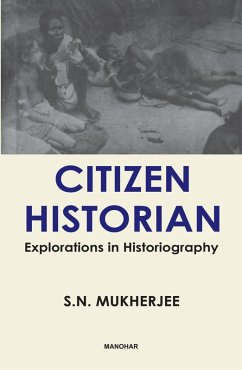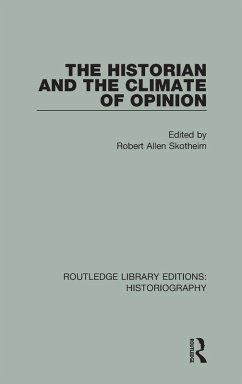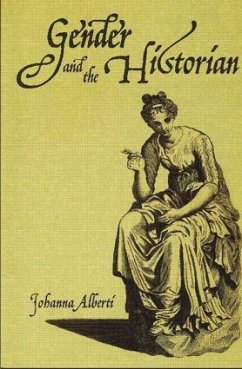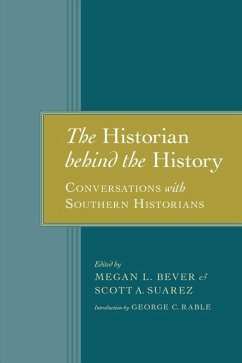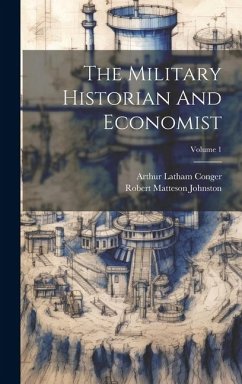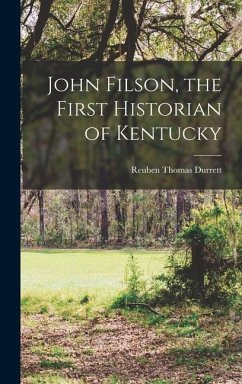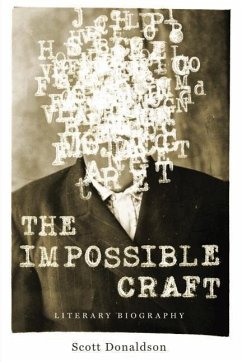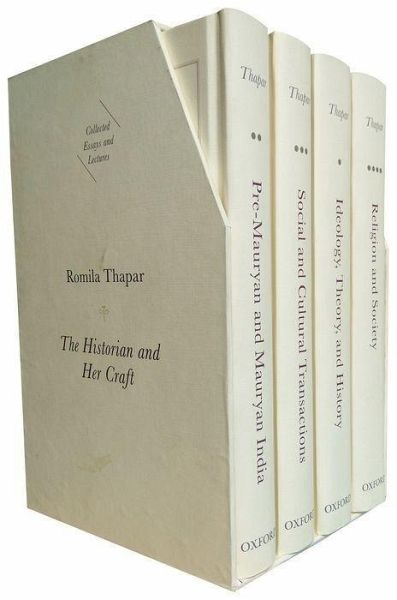
The Historian and Her Craft
Collected Essays and Lectures (4 Volume Set)
Versandkostenfrei!
Versandfertig in über 4 Wochen
509,99 €
inkl. MwSt.

PAYBACK Punkte
255 °P sammeln!
This is a set of four volumes aimed at bringing together the best research by Romila Thapar to showcase her academic contributions to the understanding of history and historiography in India. The four volumes will focus on bringing together all the lectures and papers on an area of her work-historiography, Mauryas and Mauryan India, Social and Cultural Transaction, and Religion and Society. Each volume also includes a detailed interview with the author and anassessment of her work by an expert in the field, who will introduce the essays in that volume.



